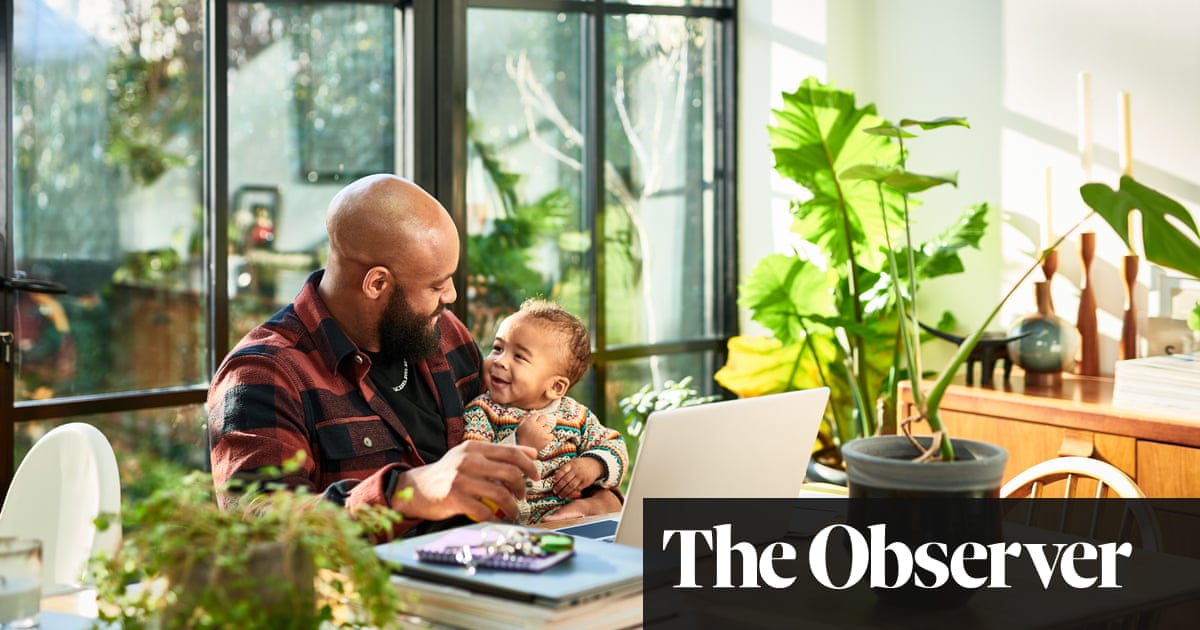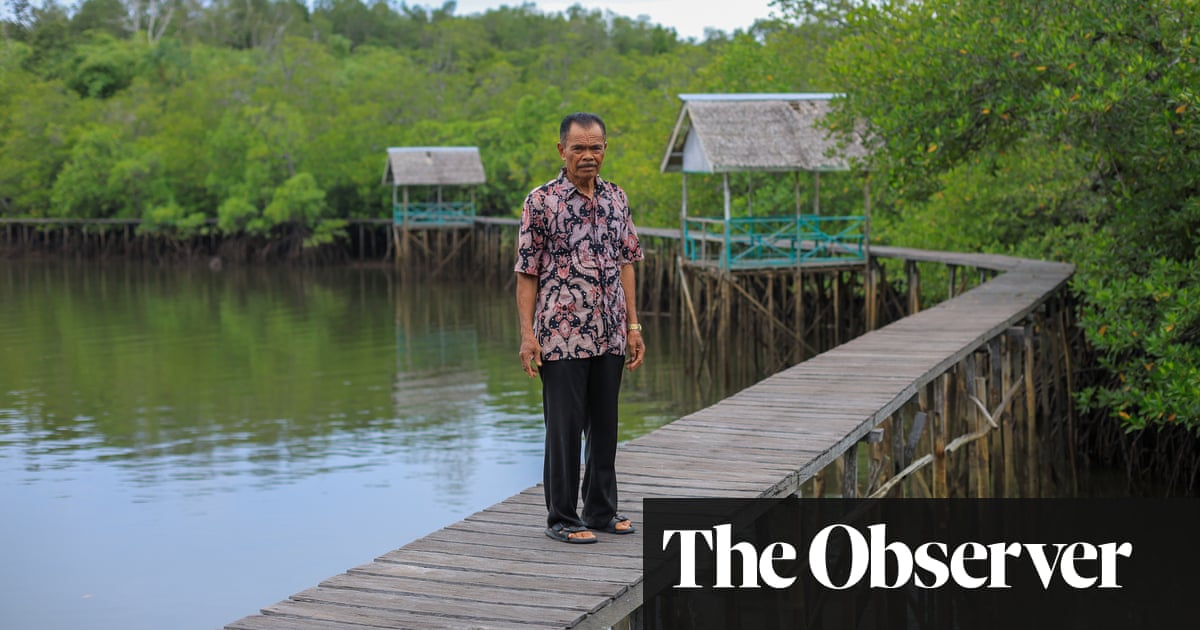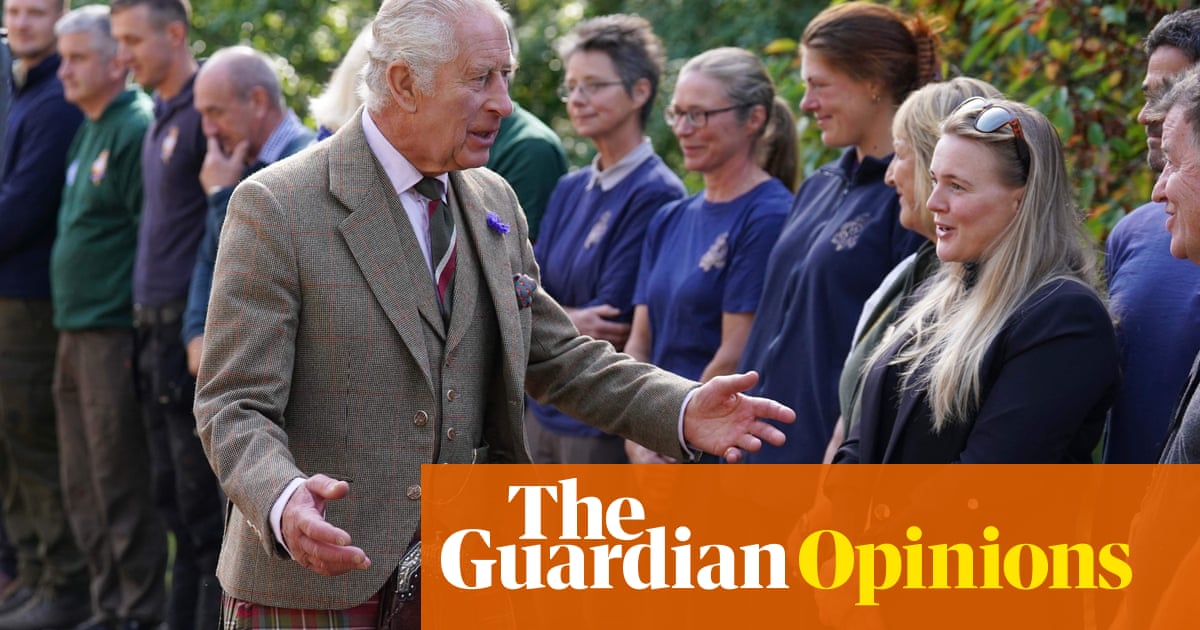
In my career as a news reporter, which spans more than three decades, I can claim to have had the privilege of reporting on the UK royal family’s good days and bad days. A story from the London correspondent was always in demand from my news desk, despite my reticence as to the appeal of gossip-like stories that flooded out from the tabloid press every day. Princess Diana’s divorce, then stories of her love life and later her tragic accident and death were the subject of reports that made me a household name in the Middle East at the time.
I came to understand that, apparently, serious news on political issues was important in the lists of news priorities as set by the marketing and consumer research perspectives. But from the point of view of the people sitting on their couches across the Middle East, from Morocco to Iraq and including the Gulf countries, royal stories from London were devoured, discussed and retold more than any other breaking news.
In the last few days, I was close to making the same mistake and not being among the first 2.4 million people to have watched Netflix’s hit new docuseries “Harry & Meghan.” Like many, I did not feel that the first three episodes revealed much on top of what we already knew in terms of racist tensions in the royal quarters triggered by the mixed-race Meghan, the discrimination she felt and her difficulties adapting to the royal role that was imposed as she fell in love with Prince Harry.
As per Harry, it painted a picture of a still-troubled young man seeking closure about the tragic death of his mother, Princess Diana, and his unease about the role played by the media, especially the paparazzi, in her death.
Harry and Meghan of course have the full right to tell their story the way they choose, but the backlash against them from the tabloid media should be expected, even though some of what has been written lately borders on hysteria. It has been claimed that the docuseries has scored a “direct hit” and “assaulted” the late Queen Elizabeth II’s legacy and that it aims to bring down the British monarchy. Headlines in the tabloid newspapers were colorful, dismissing the series as a “soap opera” and a “royal circus.” The Sun even ran the headline “Harry the Nasty” — a reminder of an old one from 2005, “Harry the Nazi,” when the then-young prince wore a Nazi costume to a fancy dress party.
Regardless of where your heart is, Harry has always been a well-liked member of the royal family, despite the recent polls showing that his popularity has sunk to just above that of his uncle, Prince Andrew, whose reputation has been damaged by his scandalous friendship with Jeffrey Epstein, the convicted sex offender.
Harry’s relationship with his brother, Prince William, is not unheard of in many everyday family households, where the relations between siblings are soured by competition, silly fractures or misunderstandings that last a lifetime, or even due to the arrival of their respective partners, who might simply just not be compatible, as we have learned about Kate and Meghan’s antipathy for one another.
The story of Harry and Meghan, when they first started dating back in 2016, was initially a positive one for the British royal firm, showing it as an institution that is able to renew itself, modernize and reflect its tolerance, not only in accepting an interracial union, but it was also seen by some as an additional endorsement of multicultural Britain.
Fast forward a few years, however, and Harry and Meghan described in the Netflix series how it feels to have been hounded by the press, as well as how they felt undermined by an inherent racism and discrimination that prompted them to leave the UK to seek a life away from the royal firm and the public scrutiny that comes with it. However, the paradox for me is how could they have embarked on producing a series about their life knowing full well that publicity, whether negative or positive, would ensue from this action?
In the UK and elsewhere in the free world, we often hear calls to try and tame the press and maybe subject it to a more stringent code of conduct to prevent its excessive intrusions into the personal lives of celebrities and public figures if such acts do not serve the public good. Harry and Meghan were never far from showing that they despise those paparazzi who sell pictures for money, yet I do not know how they reconcile this with the fact that they themselves have opened their family albums as part of the lucrative deal they signed with Netflix to tell their version of the story.
All the main protagonists are poised to benefit from Harry and Meghan’s Netflix docuseries.
Mohamed Chebaro
In the end — and before I watch the rest of the series that will be released this week — I believe that all the main protagonists in this saga are poised to benefit. Harry and Meghan have had the chance to set the record straight as to what happened from their perspective, and they have been paid for it. Netflix has benefited from the increased traffic to its platform, which has previously released box office winners such as “The Crown,” in a way that allows it to recoup the millions paid out to produce the series. The media and tabloid press have got more clicks, meaning more revenue, as people are hooked on content related to human interest stories and the lives of the royals. And the revelations made by Harry and Meghan have not dented the royal family’s standing, as publicity — even when it is not all that positive — helps frame them as just another family, while all audiences in the Global North and the Global South want to follow their news for the simple fact that they are royal.
The recent outpouring of emotion, nationally and internationally, in tribute to the late queen demonstrated clearly once again that interest in the UK royals remains strong. In modern times, part of Brand Britain’s continued success has rested on the monarchy, the news of its royal family and, cynically, the nation’s freedom of the press.
Mohamed Chebaro is a British-Lebanese journalist, media consultant and trainer with more than 25 years of experience covering war, terrorism, defense, current affairs and diplomacy.












